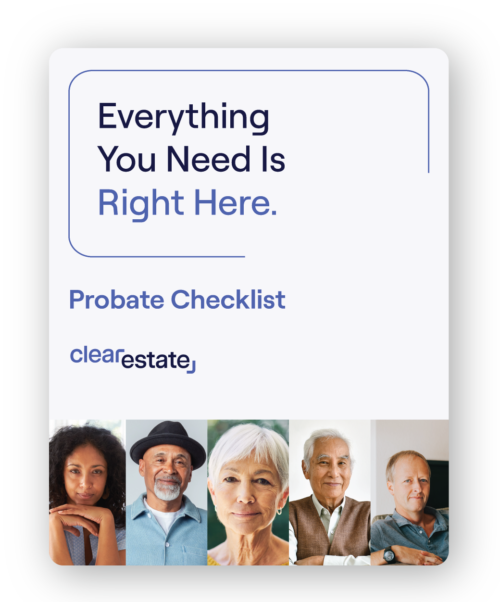Estate Planning
Oct 31, 2023
Beware the Real Hauntings: 5 Estate Nightmares to Avoid This Halloween
Unearth 5 estate planning horrors this Halloween. Dodge probate scares, tax haunts, and beneficiary phantoms. Plan today for a fear-free future.


Planning your estate is one of the most important things you can do in order to provide for your loved ones after you’re gone. When your loved ones are in the midst of grieving, the last thing you surely want is for them to have to scramble to find important documents, rack up thousands of dollars in lawyer’s and accountant’s fees, and deal with potential conflicts and stress because there’s uncertainty about who receives what assets.
A comprehensive estate plan also ensures that your wishes will be honoured, even after you’re gone. Want to donate some of your assets to a specific charity, give your collection of vintage world maps to your niece, or have a specific poem be read at your funeral? A clear will—which is the bedrock of any estate plan—will ensure that your wishes are met.
That’s why estate planning is truly an act of grace and love toward yourself and your loved ones, who will need all the help they can get when they’re grieving. However, estate planning can often feel like a scary and overwhelming endeavour. That’s why we’ve created a comprehensive checklist that breaks down the process and ensures you’re covering all your bases. Here’s what you need to know:
We regularly share relevant information about wills and estates.
Curious about what happens if you don’t have a will? Find out here.
Your life is rarely static, so your estate plan shouldn’t be either. Things change: You might buy a house, or move to a Greek island, adopt a special-needs parrot, or become a grandparent. All of these things will play a part in how you want your assets to be distributed once you’re gone, so make sure to keep your estate plan up-to-date by taking stock every couple of years and checking in with your estate executor.
If you need the help of an experienced estate executor, don't hesitate to contact ClearEstate. From helping with the will to filing relevant tax returns, we will lay out the whole process for you to rest easy, knowing precisely that your beneficiaries will receive your assets quickly.
 Take the Guesswork Out of Probate
Take the Guesswork Out of Probate
Join the 100,000+ executors who have downloaded our free step-by-step blueprint to probate.
Download Now